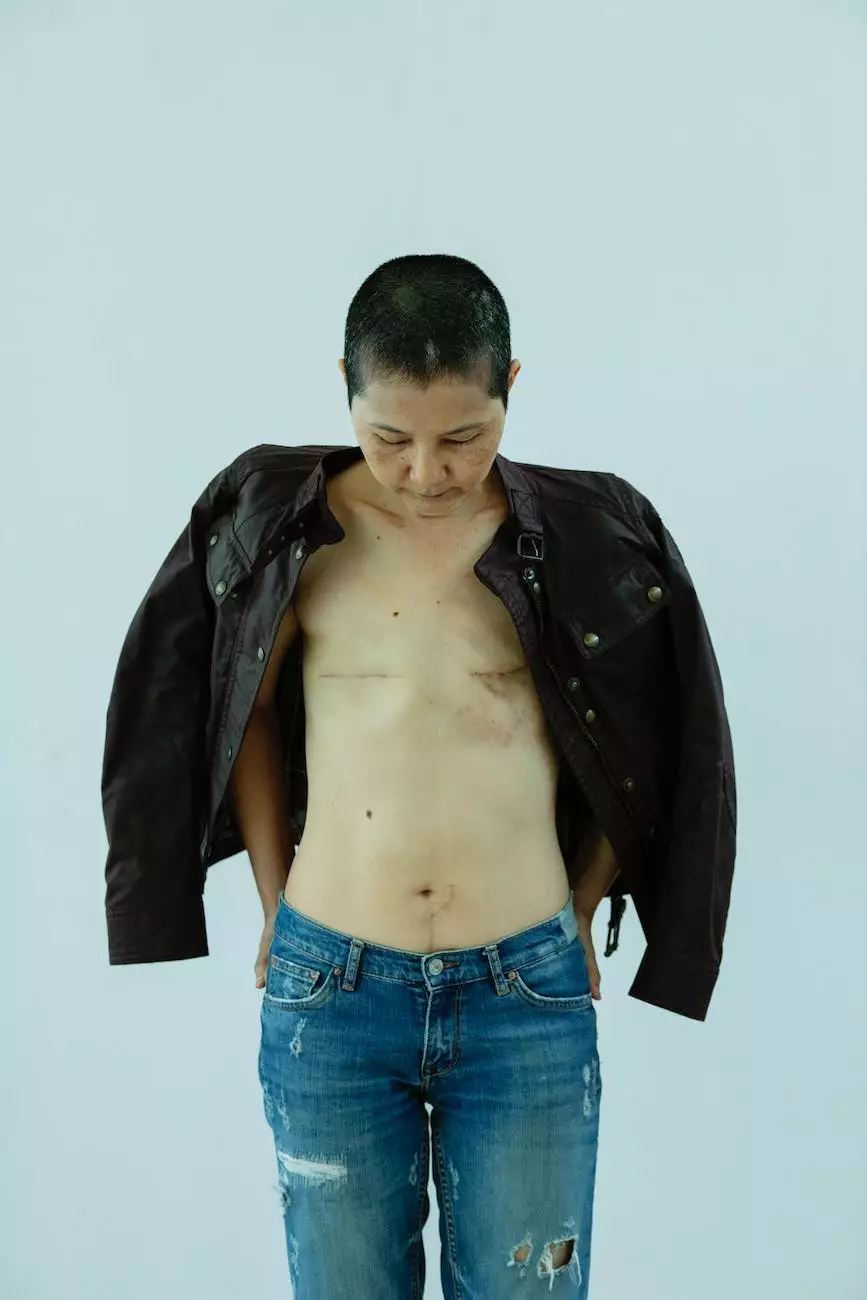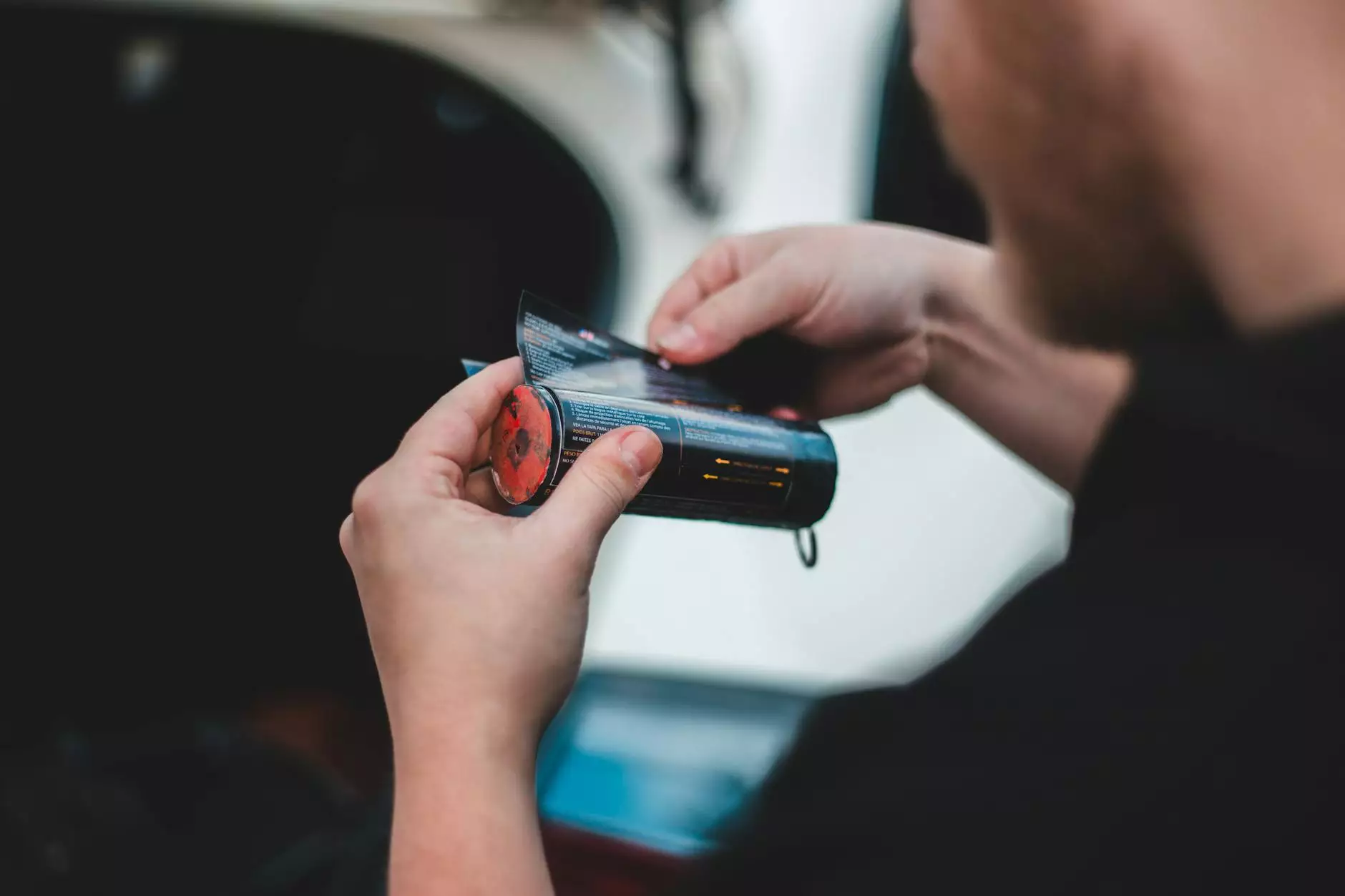Venous Ulcers: Understanding the Causes and Treatment

Introduction
At the Vein Center of Arizona, we are committed to providing comprehensive medical solutions for individuals suffering from venous ulcers. Our experienced doctors, specializing in vascular medicine, can effectively diagnose and treat this condition, helping patients regain their quality of life. In this article, we will delve into the causes, symptoms, treatment options, and prevention methods associated with venous ulcers.
What are Venous Ulcers?
Venous ulcers, also known as stasis ulcers, are open sores that typically occur on the lower legs or ankles. They are often caused by poor blood circulation due to venous insufficiency, a condition where the veins fail to efficiently return blood to the heart. Venous ulcers can be quite painful and debilitating if left untreated, which is why seeking medical attention is crucial.
Causes of Venous Ulcers
Venous ulcers primarily develop as a result of underlying venous insufficiency. This condition puts excessive pressure on the veins, leading to chronic venous hypertension. Over time, the increased pressure weakens the vein walls and damages the valves that help blood flow towards the heart. As a result, blood can pool in the legs, causing swelling, discoloration, and eventually leading to the formation of ulcers.
Some common causes of venous insufficiency include:
- Prolonged sitting or standing
- Lack of physical activity
- Pregnancy
- Obesity
- Previous deep vein thrombosis (DVT)
- Family history of vein diseases
Symptoms of Venous Ulcers
Recognizing the symptoms of venous ulcers is essential for early detection and treatment. Some common signs to look out for include:
- Persistent leg swelling
- Discoloration of the skin, often appearing red or brown
- Leg pain or aching sensation, worsening when standing
- Painful, itchy, or thickened skin around the affected area
If you experience any of these symptoms, we strongly recommend consulting a medical professional to receive an accurate diagnosis and appropriate treatment plan.
Treatment Options for Venous Ulcers
Fortunately, there are various effective treatment options available to manage and heal venous ulcers. The specific treatment plan will depend on the severity of the ulcer and the underlying venous insufficiency. At the Vein Center of Arizona, our skilled doctors may recommend one or a combination of the following:
Compression Therapy
Compression therapy involves wearing specially designed stockings or wraps that exert pressure on the legs. This helps improve blood circulation, reduces swelling, and aids in the healing process of venous ulcers.
Wound Care and Dressings
Cleaning and dressing the ulcer plays a crucial role in preventing infections and promoting healing. Our medical experts will provide you with detailed instructions on proper wound care techniques and recommend suitable dressings.
Topical Medications
In some cases, topical medications such as antibacterial creams or ointments may be prescribed to prevent infections or alleviate discomfort associated with venous ulcers.
Minimally Invasive Procedures
For more severe cases, our doctors may suggest minimally invasive procedures, like endovenous laser ablation or sclerotherapy, to treat the underlying venous insufficiency and promote ulcer healing.
Prevention of Venous Ulcers
Prevention is always better than cure. While some risk factors for venous ulcers cannot be controlled, there are steps you can take to minimize your chances of developing this condition:
Maintain a Healthy Lifestyle
Engage in regular exercise, maintain a healthy weight, and avoid prolonged periods of sitting or standing. Physical activity promotes blood circulation and helps keep your veins healthy.
Wear Compression Stockings
If you are prone to venous insufficiency, wearing compression stockings can provide additional support, improve blood flow, and reduce the risk of ulcers.
Elevate Your Legs
Raise your legs above the heart level whenever possible to reduce swelling and pressure in the leg veins.
Seek Professional Help
If you have a family history of vein diseases or notice any symptoms of venous insufficiency, consult a vascular medicine specialist, such as those at Vein Center of Arizona, for early detection and appropriate preventive measures.
Conclusion
Understanding venous ulcers is crucial for timely diagnosis, effective treatment, and prevention. Vein Center of Arizona is your trusted partner in addressing vascular health issues, providing top-notch medical care, and offering comprehensive solutions for venous ulcers. Don't let venous ulcers hinder your quality of life – take action today!
description of venous ulcer









